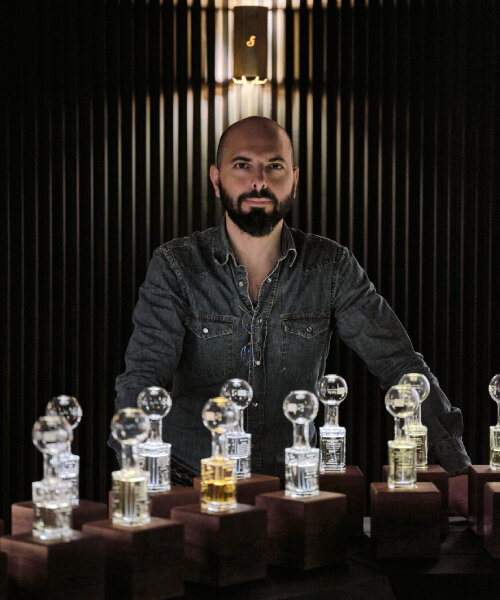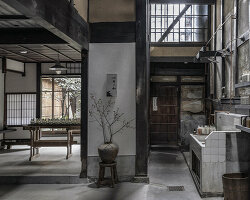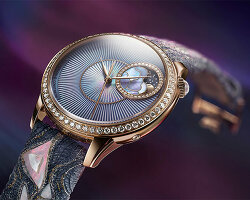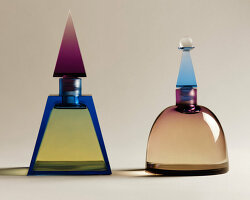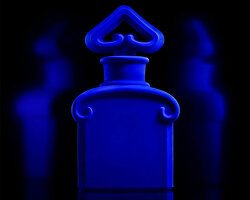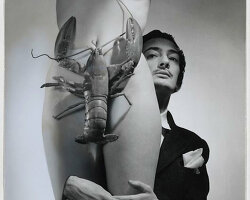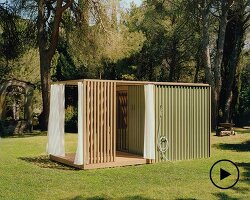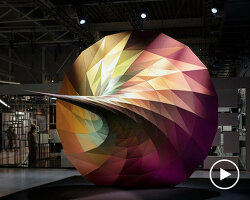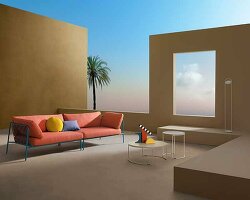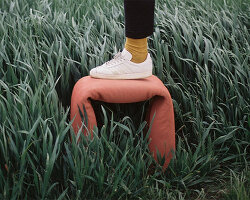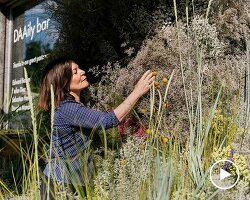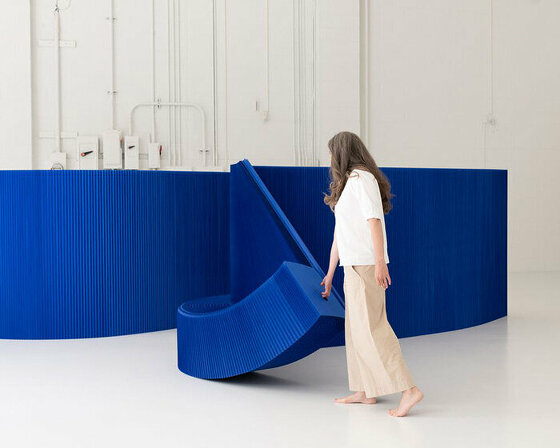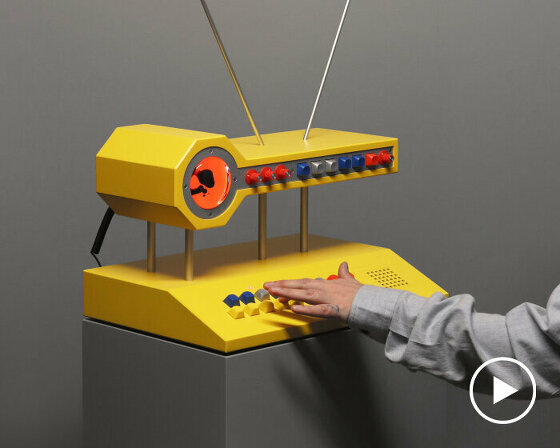FUEGUIA 1833 FOUNDER Julian Bedel speaks with Designboom
The pleasure to understand humans through scent rivets through the philosophy of perfumer Julian Bedel, the foundation that grounded his brainchild Fueguia 1833 as a perfumery synonymous to craftsmanship, innovation, exotism, and sustainability. Bedel ties in his approach around the connection with the divine, a source for him to produce the elixir of life through plant-based fragrances.
He sees through the metaphysical rituals of humans throughout history, identifies the scents that drift from the objects they offer in their sacred ceremony, incorporates them into his formulas through modern technology, and diffuses them across cultures. Fueguia 1833 – a name drawn from the scientific explorations and the encounter between naturalist Charles Darwin, navigator Robert Fitz Roy, and native of Tierra del Fuego ‘Fueguia Basket’ – distills every compound and plant that comes their way into a sought-after scent that infiltrates one’s sense of smell and remains ingrained in one’s memory.
When designboom spoke with Bedel in 2021, he revealed how obsessed he can be with fermentation. Subjecting the raw materials to a bacteriological fermentation where the plant matrix opens up and transforms creates a space for the Argentine perfumer to toy with his mission and vision for his brand. ‘For example, the most amazing ingredients in the world – by official decision – are vanilla, coffee, tobacco, and chocolate, and they are all fermentation products,’ he told us. His modest remark of not inventing anything, but replicating methods already installed overview the consciousness he brings into his work, the realization of his botanical exploration and creation.
designboom spoke with Julian Bedel a year later to reinstate his penchant for natural ingredients and materials and to let us in on his future works. In addition to our interview below, the Fueguia 1833 founder will also speak live with designboom’s editor-in-chief, Birgit Lohmann, at the DAAily bar on June 9, 2022, at 18:00. Find out more about our Live Talks and other activities during the upcoming Milan Design Week here.
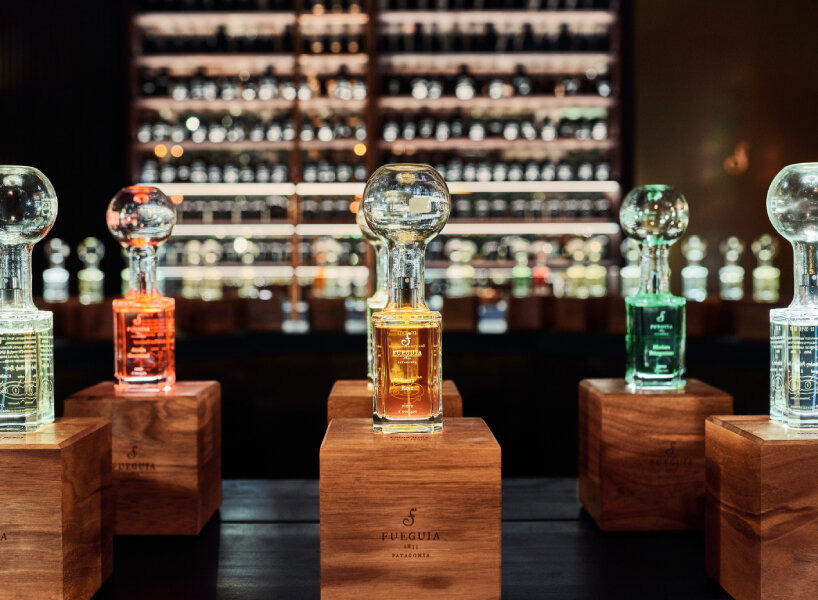
images provided by Fueguia 1833
designboom (DB): Could you guide us on your present process? Does it take a lot of time to produce a perfume?
Julian Bedel (JB): It depends on the time of extraction. We use different high-tech extractors that contribute to the critical fluid extractions, a unique process to perfumer. This comes from the pharmaceutical practice of getting more active compounds from the plants. You fractionate them, use CO2 as the solvent, and then fraction each molecule group. In a way, the process allows you to get richer facets of the plants. With hydro distillation you distill at more than 100 celsius which can create degradation of compounds, while with CO2 as a solvent you distill at 31.5 celsius and avoid degradation.
The CO2 gas has certain conditions of pressure, and it changes its state into a gas with a liquid property. By dropping from this high to low temperature, you can get different selectivity. A solvent, the carrier of all the molecules, is the polarity meaning the complex compounds that live in the plant are either sensitive or fixed in water or oil, so the solvent will carry these compounds as soon as it changes phase.
In a hydro solvent, the water absorbs these polar compounds that remain dissolved in the water while the other ones become separated and get grouped together. Both extracts are the combination of the richness of the scents. The problem with that is you want to dissolve one into another, and you need a surfactant to blend the two, which is another solvent.
Some people focus on not extracting the oil. You have to know what you want to get. What is your objective? For example, if you put your ingredient in the hydrosol with a higher amount of oil dissolved in the water, it could be more efficient than trying to get the essential oil which takes time.
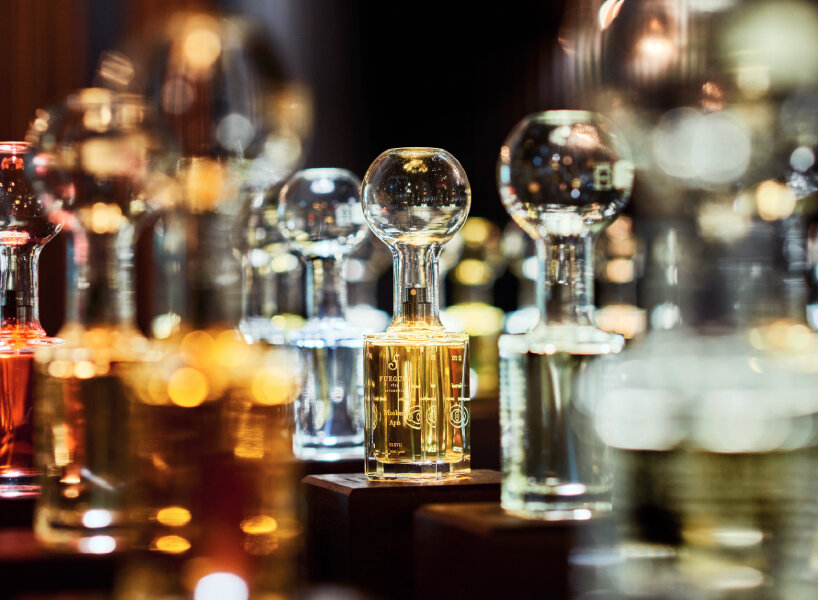
fueguia 1833 x designboom: founder julian bedel explores the process of making organic perfumes
DB: Do you only use natural ingredients?
JB: We use synthetic ingredients from natural origins. There are a lot of ingredients that come from fermentation of sugar, and these ingredients are technically synthetic. We also use ingredients from a synthesis to reproduce the same molecules found in natural resources, instead of using those from animal origins.
DB: Is this a choice?
JB: Yes, 100% a choice. We do not use the bad synthetics such as ‘polycyclic musks’. We have our laboratory, and every ingredient that goes through it is a premeditated choice. We have a technical team overseeing it.
Then, with Museo del Violino in Cremona, we are doing a molecular analysis of the headspace of Stradivari violin and recreate the scent of the violins. We can do this with a specific technology, the same we use to understand the parts of the plants that cannot be distilled. Many of the plants in tropical places like orchids require care and attention as once you cut them for the scent, the process ends the life of the plant and the scent itself.
The headspace machine allows to make a sample of the air through a sorbent that traps analytics. Then the sorbent can be analyzed on gas chromatography after using thermal desorption process, that desorbs the analytics through the machine.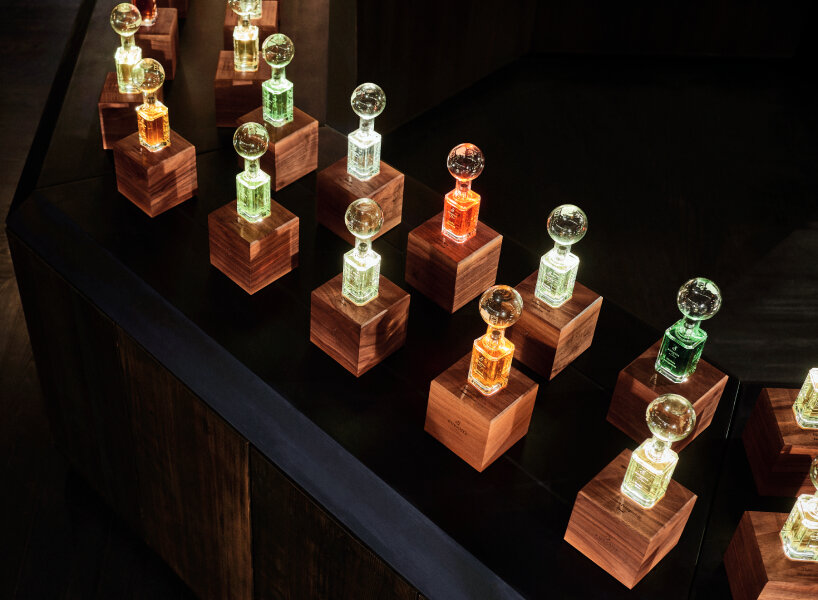
fueguia 1833 milan boutique
JB (continued): 55% of the revenue comes from flavors, not fragrances. Flavors are naturally dependent. Companies may know a wealth of knowledge about naturals, but often they sell more for flavors. For fragrance, you have synthetic fragrances that you do not have to spend so much to extract the natural ones. For me, it is the way you use what you have because you can trick the brain of the users with a simple rose or vanilla scent by understanding these molecules. Say, you have these 300 molecules that compose the smell of rose, and if we use only 14 of them, you can still get a hint of rose, and users will immediately identify it as rose (or rose-y, at least).
Our process is different since we are not a perfume plant, which has always been a part of our mission and vision. What other brands do is they invent new molecules and compounds with special scents to have a competitive advantage, meaning some perfumes cannot exist without using these invented formulas. Perfume companies invest a lot in inventing their secret ingredients, and we are doing the same, but ours are focused on naturals. For instance, I grow plants rooted in Patagonia and coordinate with the community there to make sure that we can supply it.
DB: Do you think people notice the difference between natural and synthetic fragrances?
JB: I believe so. First of all, I got into this experience of scents after having read this Nobel Prize-winning piece from Linda Brown Buck about what happens in our brain when we interact with volatile chemistry. We react to compounds that can be scented or unscented with the pheromones to which we can feel fear, we can feel danger, and we can feel the exact blend of both scented and unscented molecules or the environment that modifies our perception of the environment.
If you add that there is a physiological change in us when we are exposed to certain molecules – that is changing hormones or how we perceive time or blood pulsation – with the memories we have on that scent, we change a lot because we are being sensitive to something that is going on beyond our control.
What I decided to do is to put focus on this element that creates a change in our perception. It starts only by believing that we have the capabilities of perceiving how different plants create different understanding of their compositions.
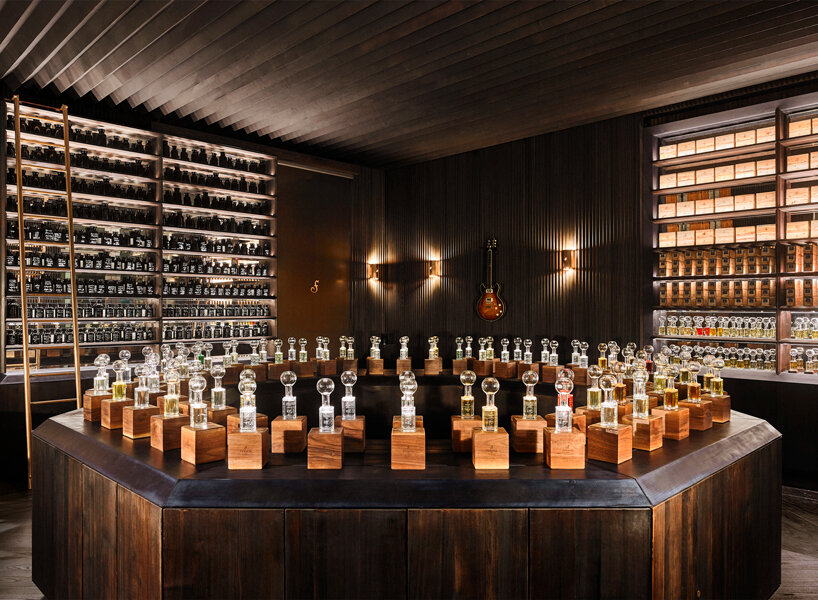
milan boutique
DB: With all the perfumes and fragrances that you have experimented with and made, how do you retain your sense of smell?
JB: Our brain is fast-moving, so it picks up the scents and the changes in fragrances. Depending on the complexity of a scent, we do not smell every scent at once, but by patterns, which start to build a reference of what we smell. If a fragrance has some woody elements, we may immediately associate it with wood, but after a while, we may be able to get a hint of floral and smoky nuances that we associate with products or objects that we have smelled before.
There is also a semiotic part since we cannot put everything in words at once. It depends on what we are looking for. If I am looking for ‘bergamot’ and I have five suppliers of it, I would know what I am looking for through the complexity and completeness of the scent.
DB: What do you think is your signature in the industry?
JB: I think our distinction is our transparency, in a way. Our products are based, created, and mixed based on our emotions. What goes behind the scenes, from extraction to packaging, are crafted and curated out of desires and what we feel.
DB: Is this boutique in Milan unique or replicated somewhere?
JB: No, it is unique. Every place that we opened has its own character. We have locations in Milano, two in New York (Madison and Soho), two in Tokyo (Roppongi and newly opened Ginza Six), Buenos Aires, Jose Ignacio, and Harrod’s London.
We opened one in Ginza in 2021 during the pandemic, while the last and more recent openings have been in the Middle East: in April 2022, we opened one inside Bloomingdale’s in Kuwait City; and the one before that was in Dubai, also inside Bloomingdale’s, in November 2021.
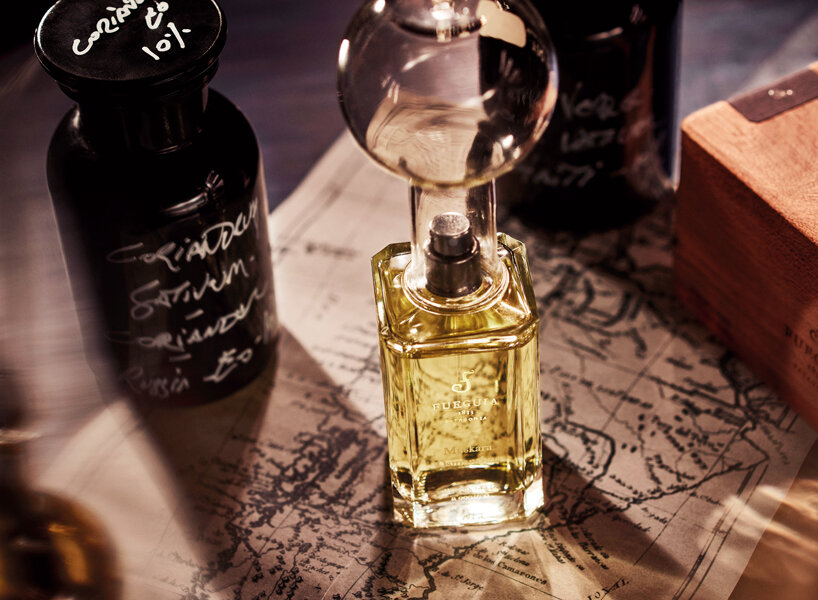
DB: Do you sell your perfume bottles with this ball-shaped cap?
JB: We receive requests on this from clients. I think when people buy it, they also want it as an ornament within their space, an act of display or a piece of furniture you can show to your guests.
DB: How would you describe your brand?
JB: Our mission is to provide our clients with the scent of plants, and I hope that some of these plants can unlock something from them. There is an ethnobotanical intention here too from our research on how humans react to scents or experience a divine connection with our perfumes in a metaphysical way.
If I create a perfume, I believe it will cater to somebody. We try to preserve a plant’s pure scent to retain the experience our users will feel once they inhale it. If we simplify it, then the full experience is diluted.
DB: Have you made any changes in your working process?
Bedel: I started as soon as I had new ideas, but they did not work or turn out the way I wanted them to be. At times when I experiment with ingredients, materials, and techniques, clients might not like the new batches as they prefer the old formula. If they have a point of comparison – for instance, they know that the new batch has more of an ingredient – it is easier for them to note the difference.
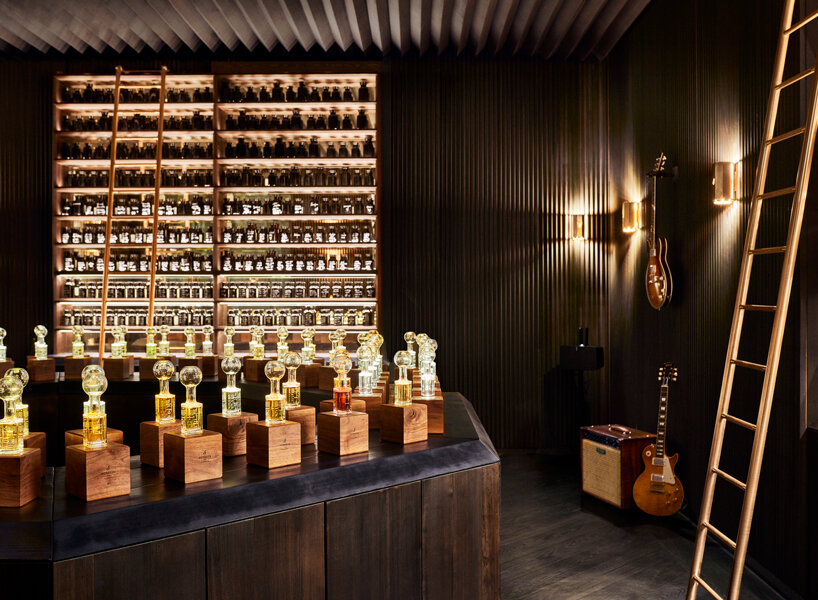
DB: Is there something distinctive among your clients that you have noticed?
Bedel: Our Japanese clients are more attuned to scents. They are not looking for beauty in perfume unlike our other clients who may treat perfumes as part of their cosmetics. Instead, they want to relate with the story of the perfume and with the season. If it is already spring in Japan, they want a perfume that evokes that season.
Also, we notice that our clients love the ‘Vintage Cave.’ When we produce this, we put aside 10% of its essence and we let it age for five years. It shows the natural lack of antioxidants and preservatives and how it evolves over time. They love its rarity and scarcity of production, making it a collector’s edition of some sort.
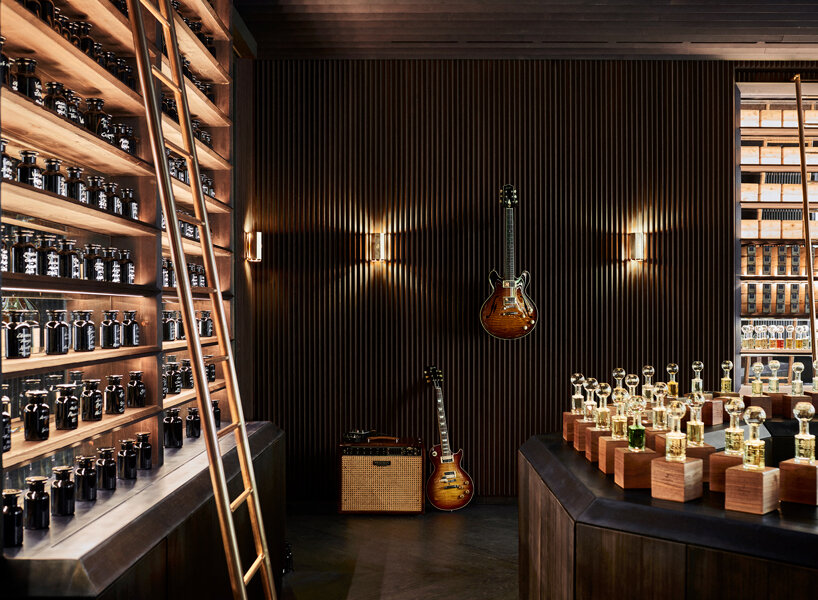
DB: What is up next?
JB: We are working on diffusion systems. We created a new patent for a system that diffuses scent passively. It is an invisible system that can release scents for up to six months. We are turning it into a fixture of a home collection and getting rid of the liquid condition. The beauty is that it can adapt to any shape. It is a polymer, so it is like a sponge, and it does not leak.
Fueguia 1833 founder Julian Bedel will participate at the DAAily bar’s Live Talks on June 9, 2022, at 18:00. Find out more about our activities during Milan Design Week 2022 here.
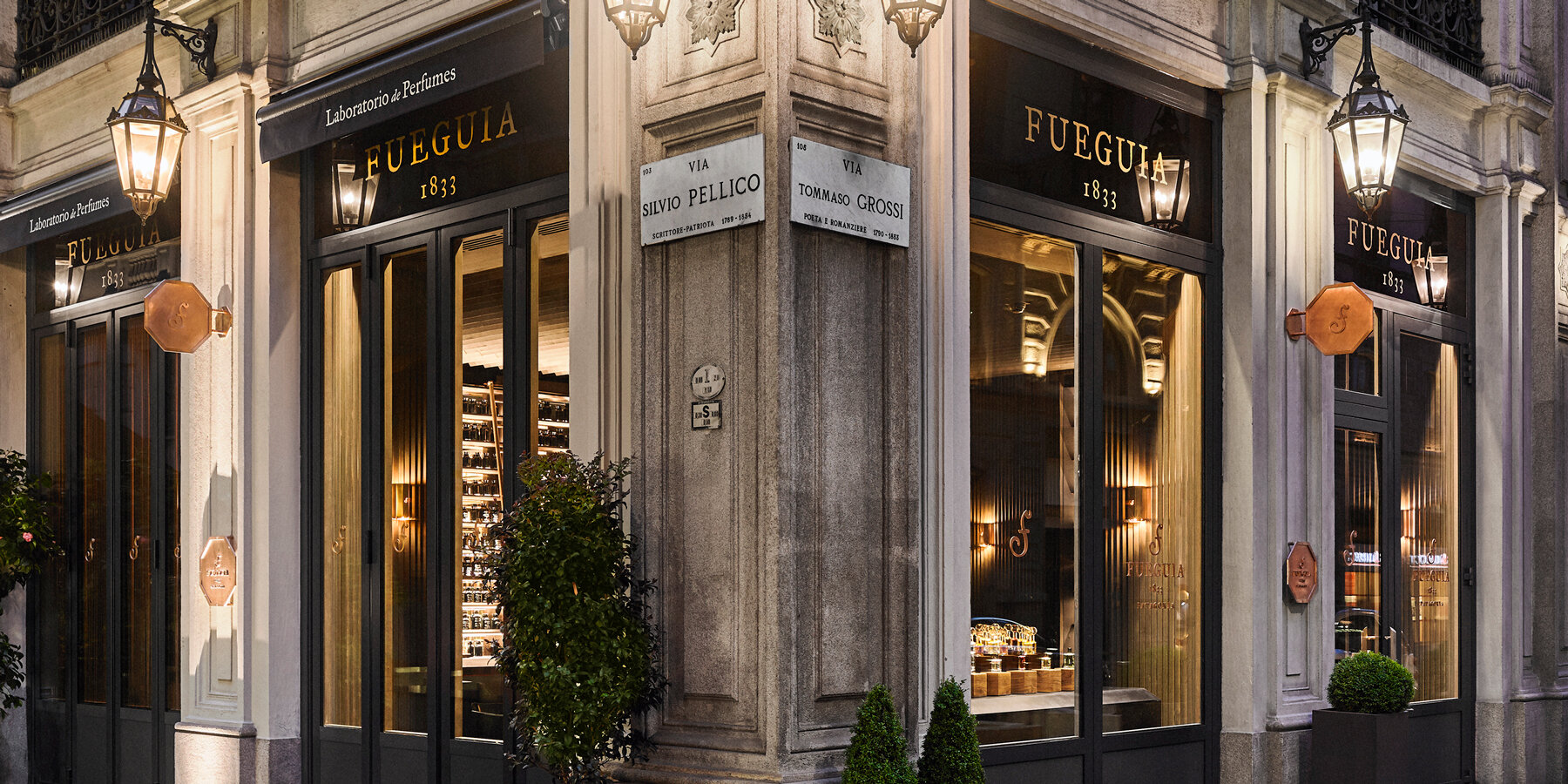
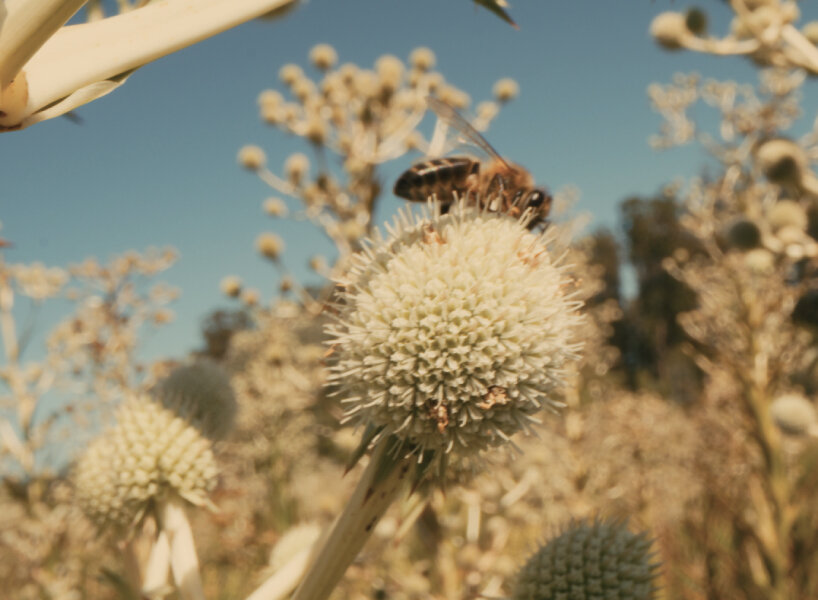
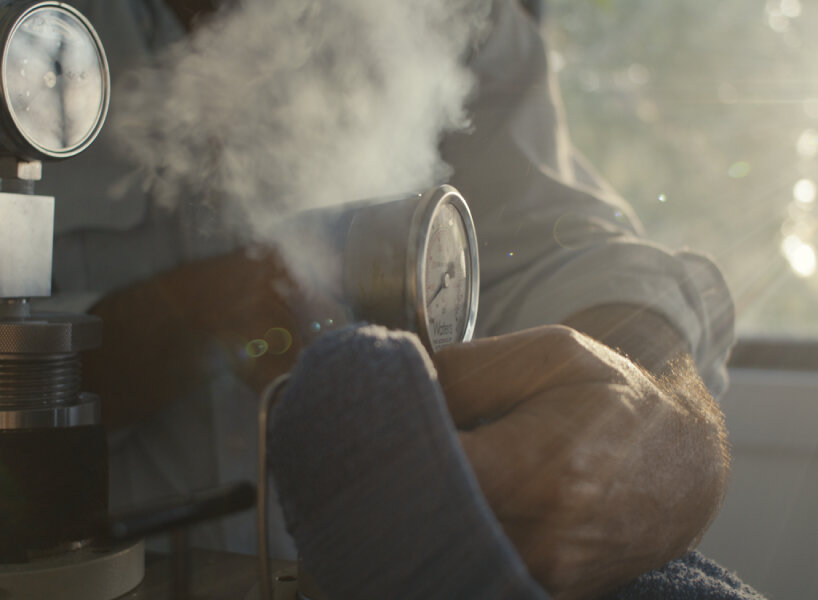
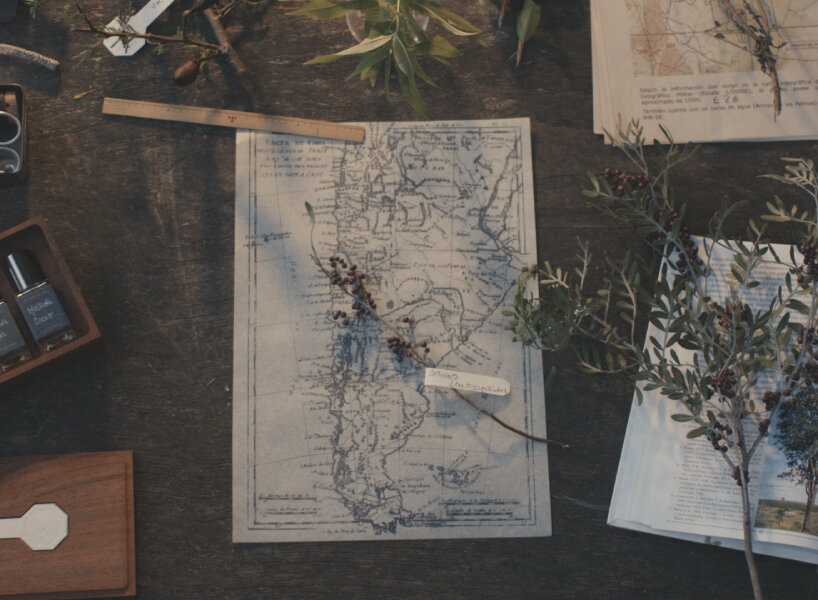
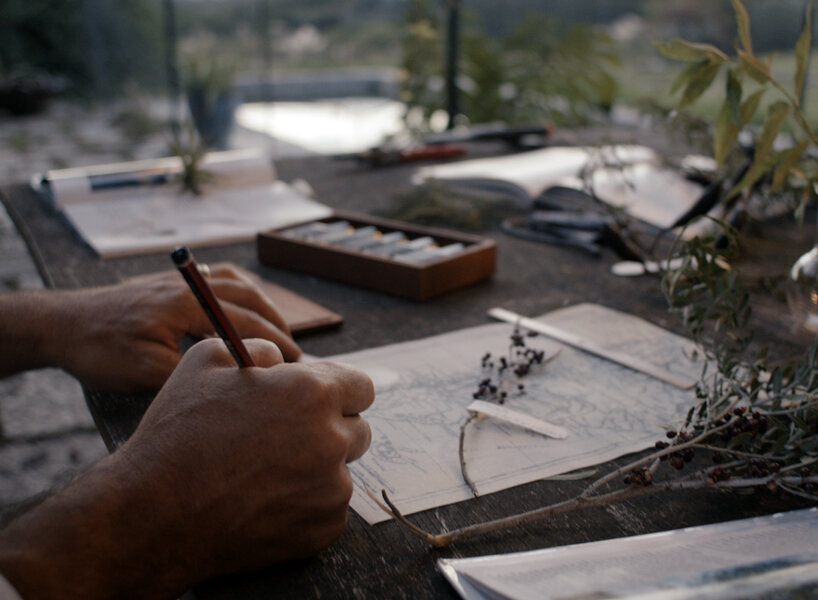
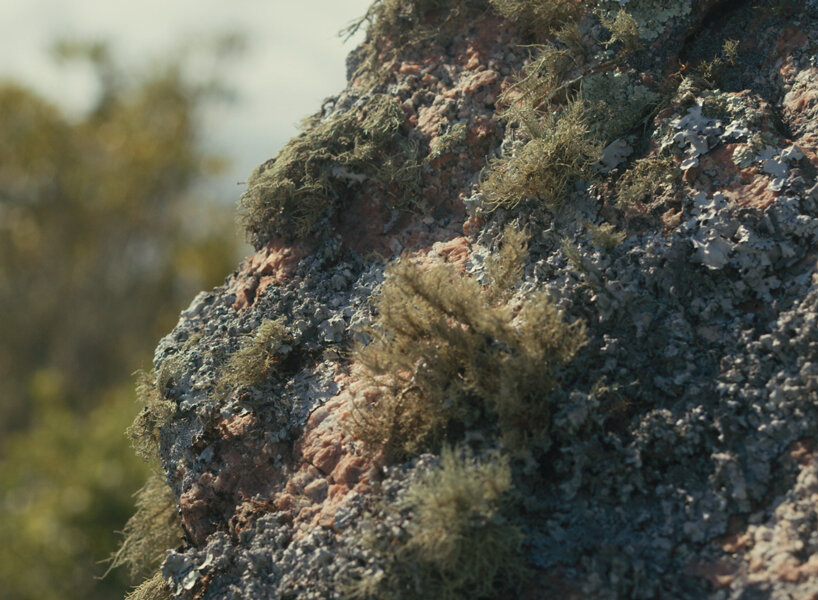
fragrance design (26)
milan design week 2022 (75)
PRODUCT LIBRARY
a diverse digital database that acts as a valuable guide in gaining insight and information about a product directly from the manufacturer, and serves as a rich reference point in developing a project or scheme.
